Gyorgy Bakondi emphasized that internal security begins at Hungary’s borders. He said Hungary will do everything necessary to ensure that border security aligns with the interests of the Hungarian people in the coming years.
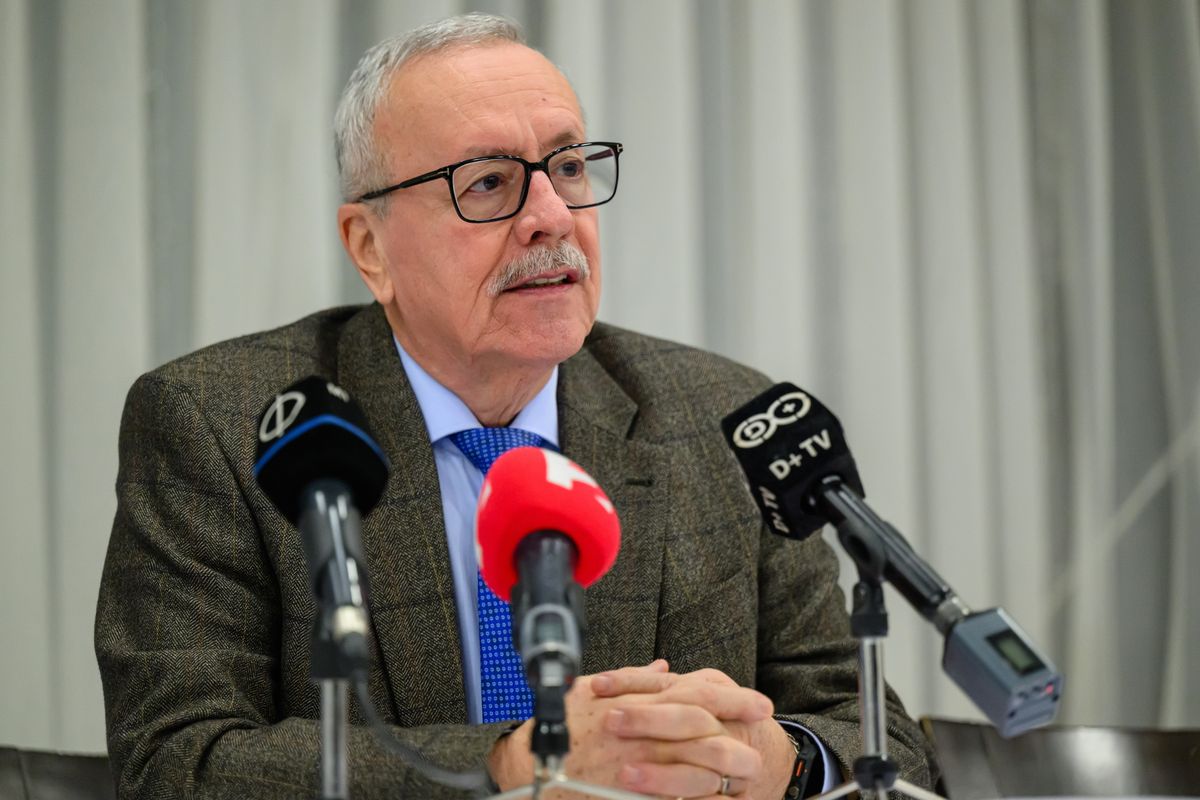
The European Parliament and the European Union's bureaucracy consistently cling to a flawed solution. Since 2015, it has been clear where mass admission and the liberal approach have led, Mr. Bakondi stated.
As an example, he mentioned that Sweden saw at least one bombing or stabbing attack every day over the span of a month. Recently, there was a stabbing attack in the Netherlands in which an 11-year-old girl was fatally wounded. Prior to that, a terrorist attack occurred in Germany.
According to Mr. Bakondi, these terrorist attacks, severe public security incidents, violence against women, and the strain on social welfare systems have led to growing discontent among EU citizens. People feel that the current direction is not the right one, that admitting so many migrants is unnecessary, but their concerns are not reaching EU leaders. However, national leaders – elected directly by the people – are hearing this message loud and clear, he explained.
He also pointed out that Poland has announced that it does not intend to implement the migration pact. In the Netherlands, the dominant conservative party seeks significant changes, while Germany is set to hold early elections. Austria has experienced a political earthquake, and significant shifts are occurring in Romania, Bulgaria, and Slovakia, Mr. Bakondi stated.
Nation-states are searching for solutions, and the outcome will partly depend on how political leadership develops in each country and what majority emerges in the European Union Council as a result, the chief advisor argued. He added that the growing activity and support for the patriotic movement offer hope that the European Parliament may reconsider its stance.
The Hungarian government is guided by the interests of its people; it does not want to see antisemitism, attacks, stabbings, or bombings take root. Additionally, Hungary is willing to share its border control expertise with any EU member state, he added.
In Germany, the direction of government policy will be determined by the early elections, but there is significant support for forces advocating changes in migration policy, Mr. Bakondi explained.
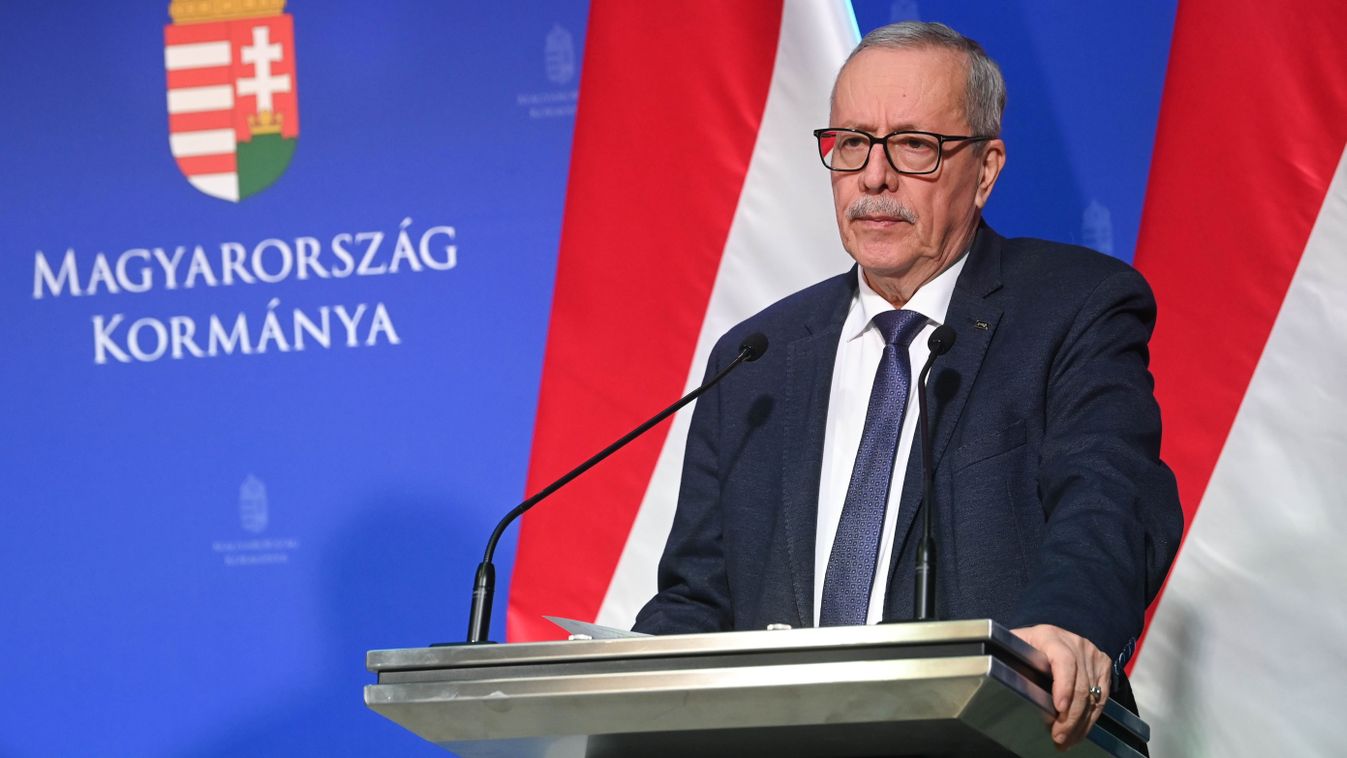
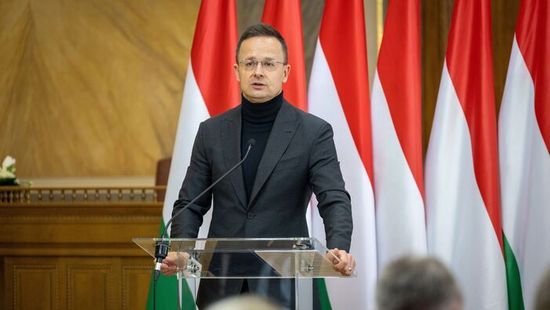






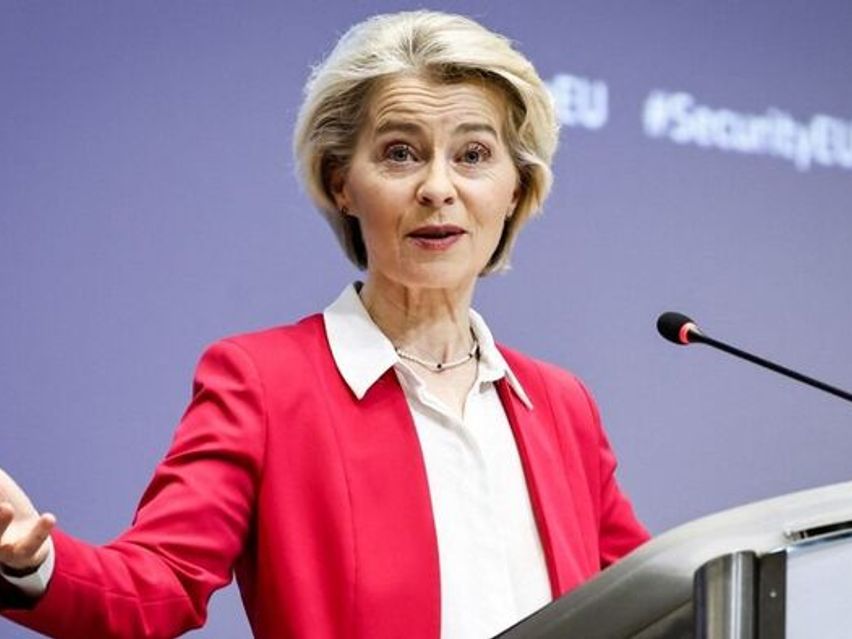
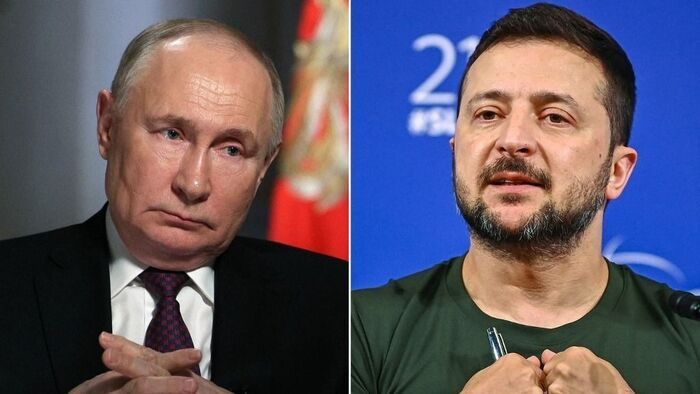

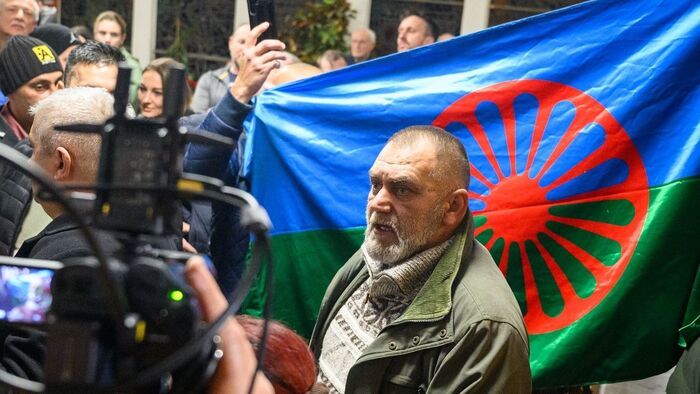



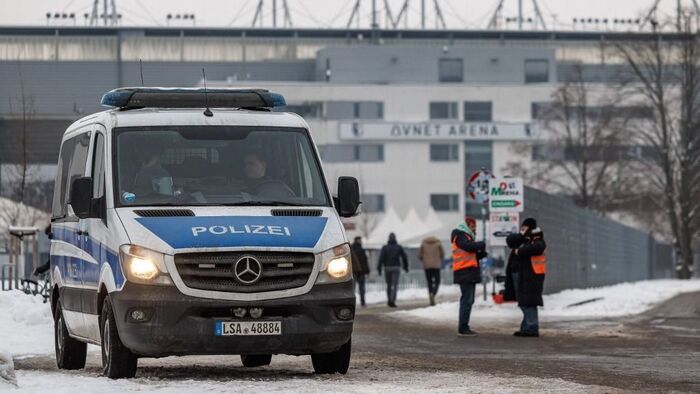

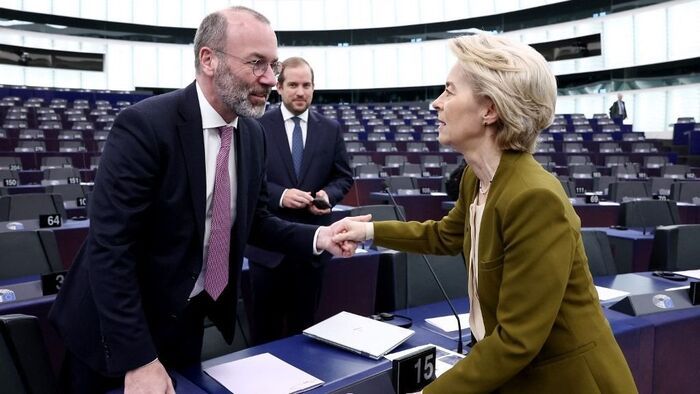
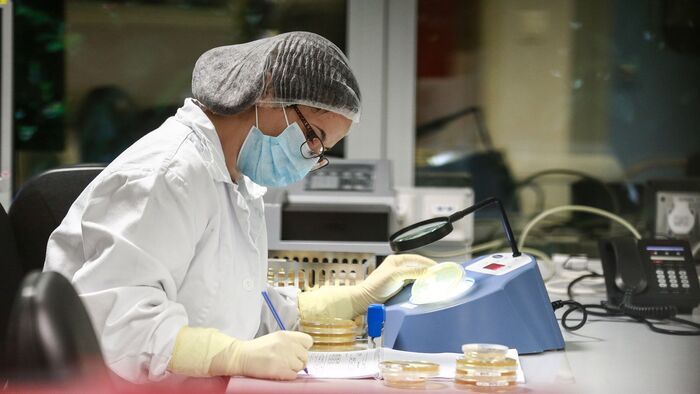



Szóljon hozzá!
Jelenleg csak a hozzászólások egy kis részét látja. Hozzászóláshoz és a további kommentek megtekintéséhez lépjen be, vagy regisztráljon!